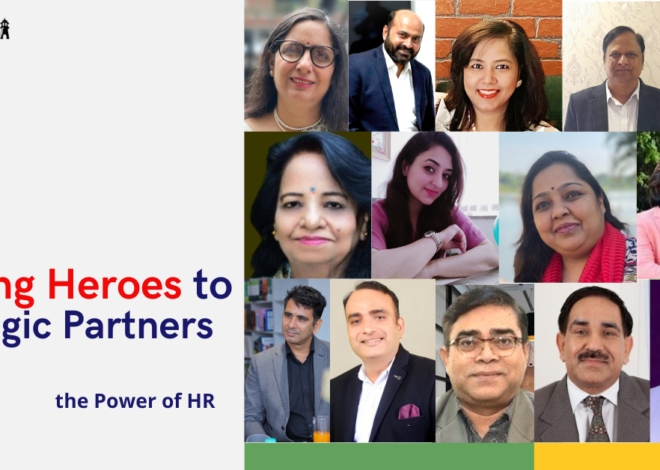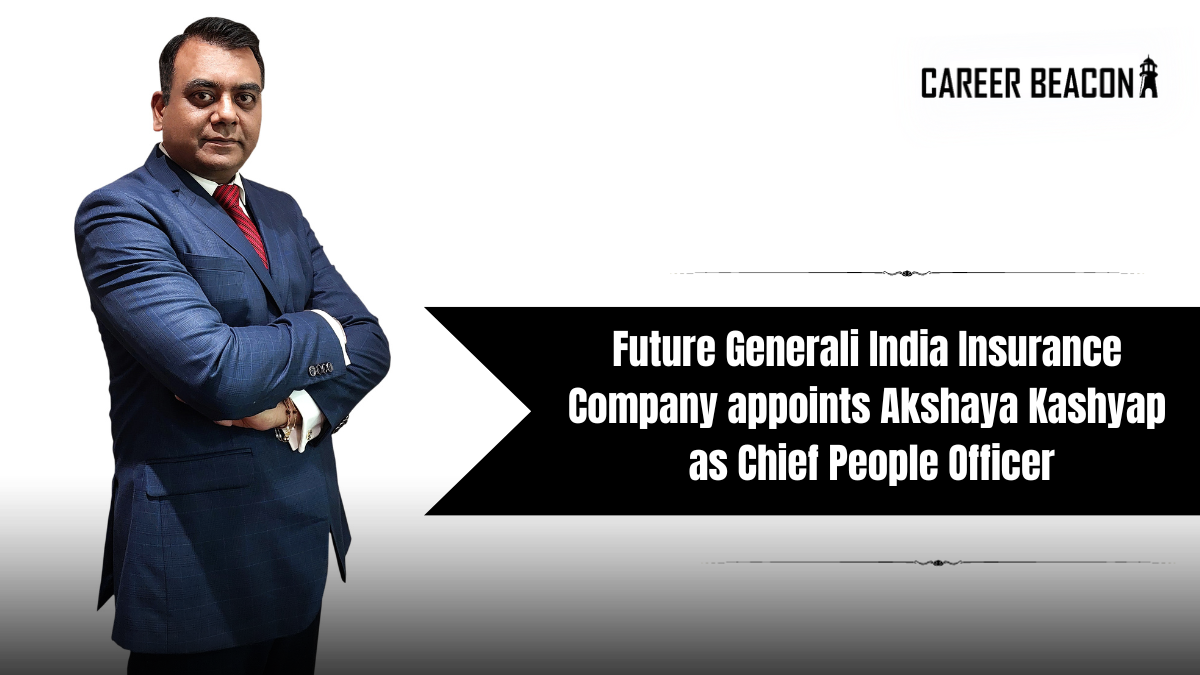
Soft’ skills are not ‘Soft
Authored by Praveen Sinha
‘Soft’ skills are not ‘Soft’– this is an interesting phenomenon! To explain, let us look at the real-life incident. It is about the sinking of an ‘unsinkable’ RMS Titanic in the early hours of April 15, 1912, in the North Atlantic Ocean. The ship had an estimated 2200 people on board when she struck an iceberg more than 1,500 passengers and crew lost their lives, making it one of the deadliest marine disasters in history.
It is estimated that some 3000 people worked for around three years to build the Titanic at the Harland and Wolf, the Belfast based shipbuilders in the UK.
Soft skills are our character-based values that determine ‘who we are’, ‘how we interact with others’, and ‘how we influence others’. Soft skills are also leadership skills. They are the skills that allow us to be effective in life and at the workplace. In other words, they are the non-technical “people” skills and sometimes called the “21st-century skills” that help people secure a job in a competitive job market. They include skills related to communication, collaboration, teamwork, decision making, problem-solving, professional networking, etc.
Another perspective – in Ramayan (an epic Indian Television serial directed by Ramanand Sagar and aired in 1987-1988), we observed a correlation between the values of Shri Ram and his gentle (but firm) way of interactions and communication with people, which consistently displayed his values. If our values are good, there is a decent chance that Soft skills will also become good.
Some more relevant examples (to establish a connection between the values and soft skills) may emerge when we recall the famous personalities like Mahatma Gandhi, Dr. APJ Abdul Kalam, Sachin Tendulkar, Abraham Lincoln, John F Kennedy, Barack Obama, J.K Rowling.
For a quick understanding, it is worth watching the video recording of Barack Obama’s Election winning speech in 2004 in Boston and the speech delivered by J.K.Rowling at Harvard University commencement 2008.
In a way, values ‘within us’…are not visible till they are exhibited or manifested – we can label them as ‘hidden, invisible’ as the ‘ice below the water’.
For the sake of clarity, we may consider the following –
- Above the water (tips of the iceberg, visible) = Hard skills (teachable and measurable abilities, such as writing, reading, math, ability to use computer programs, AI, Data Science, etc.).
- Below the water = Soft skills, Values, Behaviour (invisible)
Soft skills are not really soft…they are not easy to develop, and they can become treacherous, if not cared for. They call for more effort and attention to training and to consistently demonstrate to let the world know ‘who you are’ and ‘what you stand for’. Further, soft skills or lack of them determine individual success, family culture, organization culture. It is very interesting that soft skills play a vital role when we deal with customers -they make them either lifetime customers or dissatisfied vocal former customers.
If we look around, we find that most of us desire to accomplish more to attain outstanding results at the workplace for greater impact…to fulfill esteem social needs. Soft skills become key drivers.
The sole purpose of writing this article is to draw attention to the fact that developing soft skills is a serious matter-it has two sides – if done well, will pour success, and if ignored, there is every chance that it will rip the possibility of success just like the ‘ice below the water’ ripped the six compartments of Titanic and made it sink in less than three hours in ice-cold North Atlantic sea…the worst peacetime marine disaster.
The Mantra is simple, keep the Titanic safe, secured, and sailing.
“A Ship in Harbor Is Safe, But that Is Not Ships Are Built For”
– John Augustus Shedd


